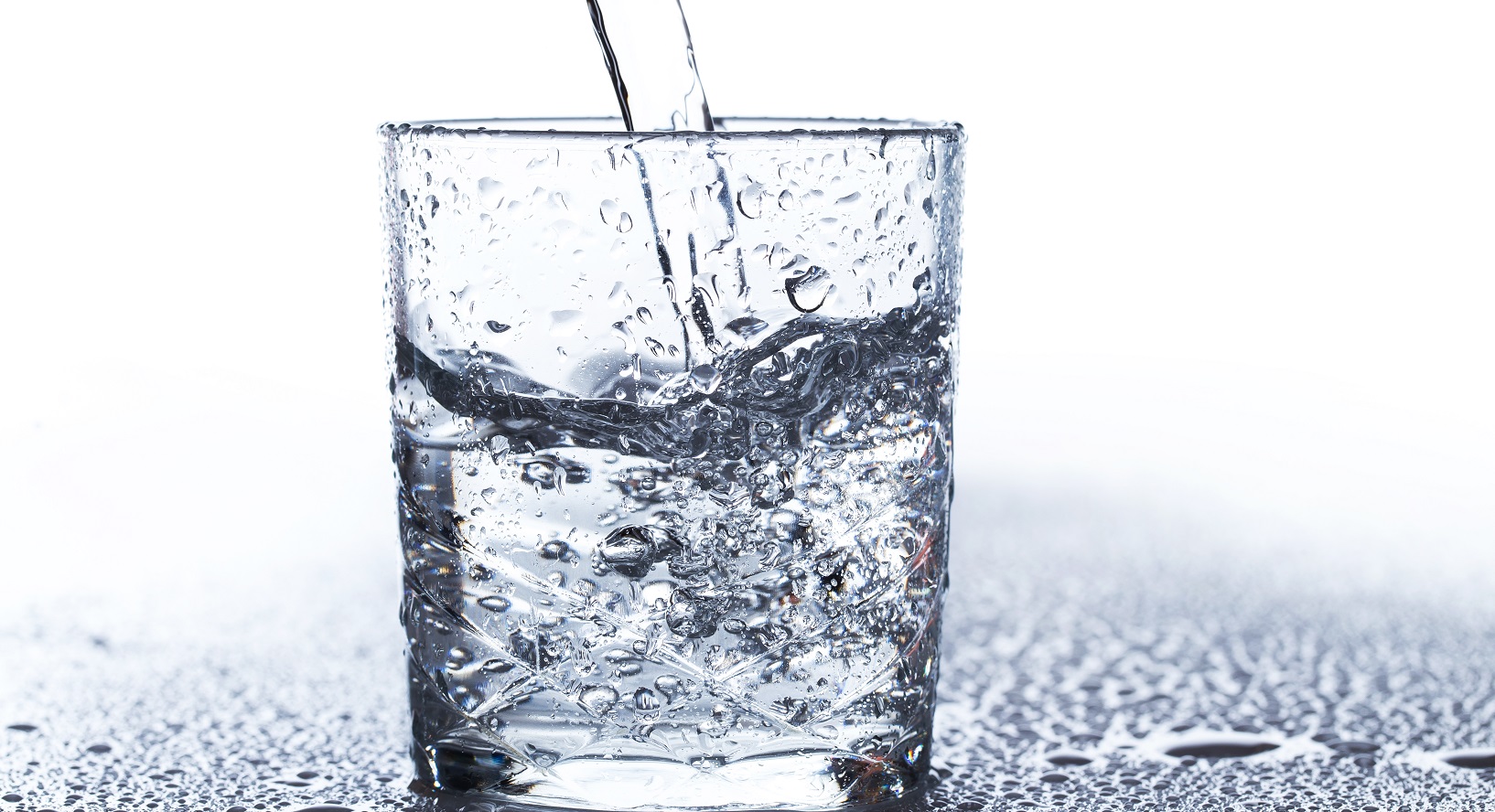Call Ahead Care Line: (281) 783-8162

Parents are usually careful to keep their children hydrated, however can easily neglect themselves in this way. In this article, we’ll explore the signs of dehydration in adults and provide helpful tips for prevention!
Many think dehydration doesn’t occur until symptoms present themselves, such as headaches, fainting, or extreme thirst. However, especially in adults, one can be dehydrated and just as easily neglect the subtle symptoms that occur early. Studies show that as much as 75% of adults suffer from chronic dehydration, drinking only 2-3 cups of water per day on average, which is well below the recommended amount.
Dehydration is a condition that occurs when the body loses more fluids than it takes in. This can happen due to sweating, vomiting, or the most popular reason, not drinking enough fluids! Dehydration can be mild, moderate, or severe, with symptom types mirroring the severity. Mild dehydration is usually not serious, but moderate or severe dehydration can be life-threatening.
The signs of dehydration in adults (and their symptoms) can vary depending on the severity of the condition. Mild dehydration may present no apparent symptoms, while moderate or severe dehydration may cause the following:
Ultimately, the best way to prevent dehydration is to drink plenty of fluids throughout the day. The amount of fluids you need will vary depending on your activity level, your body composition, and your overall health. Knowing your environment will help you assess your fluid needs. For example, an outdoor worker who sweats throughout the day will need more fluid than an indoor worker.
If you think you are dehydrated, it is important to first assess your symptoms and their severity. Lessen your movement to avoid overactivity, take in fluids, and seek medical attention if you feel your symptoms are progressing. If you begin to feel confused, are vomiting, have the feeling of fainting, or any other severe symptoms, call 911 immediately (do not try and operate a vehicle in this state). For mild dehydration, over-the-counter oral rehydration salts pair well with non-sugary fluids.
We improve our services by using Microsoft Clarity to see how users interact with our website. By using our site, you agree that we and Microsoft can collect and use this data.